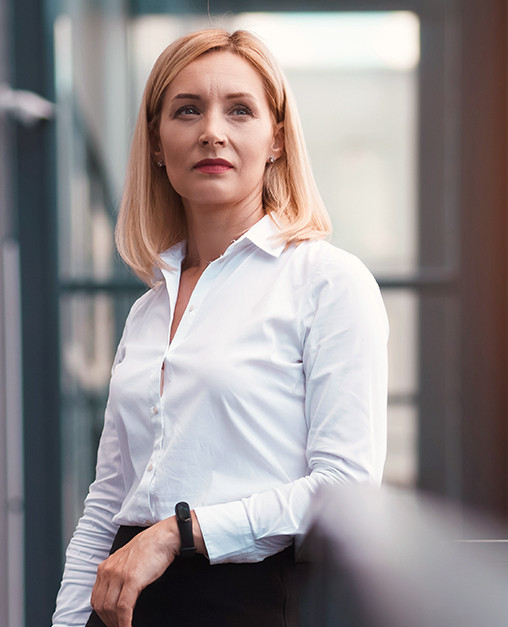Global fintech leader Avaloq has launched a sophisticated Environmental, Social and Governance (ESG) investment solution for banks and wealth managers that allows them to build tailored, personalized ESG-compliant portfolios for clients. The solution, launched at a time of record growth and increasing demand from clients for ESG exposure, has been designed to help financial institutions capitalize on the significant market shift towards ESG investing. It also ensures compliance, for companies operating in the European Union, with the upcoming amendment of MiFID II.
Avaloq’s ESG investment solution employs a range of adaptable, third-party data feeds and intuitive functionality to allow wealth managers and front-office staff to build appropriate, client-centric portfolios. Advisors can match client needs through a range of filters and tools such as standardized scorecards, “green” benchmarks, exclusions, norms-based screening such as the UN Global Compact or the OECD Guidelines, and thematic investments.
ESG investing has grown significantly over the past few years as investors, businesses, governments and a range of stakeholders look to address critical challenges such as climate change, environmental damage, social inequality and discrimination. Also, ESG investments have excellent characteristics for the long term: a higher Sharpe ratio (return over risk) and greater resilience to extreme and adverse events. This is because ESG is essentially a measure of the quality of a company’s management that makes it more reliable and resilient than its peers. According to data provider Morningstar, funds that invest according to ESG principles attracted net inflows of USD 80.5 billion globally between June and September of this year alone, despite the friction caused by the COVID-19 pandemic, increasing assets under management in ESG funds globally to a record high of USD 1,258 billion as of the end of September.
The market is forecast to grow further as regulators begin to focus on ESG and continue to promote key issues to the top of the corporate agenda. For instance, a proposed amendment to MiFID II, expected to come into force in Q4 2021, means banks and wealth managers will have to take into account a client’s ESG preferences when deciding suitable investments. All market participants that offer financial products in the EU will be impacted by the new legislation.
Martin Greweldinger, Avaloq Group Chief Product Officer, said: “For many people, ESG has become the most significant trend in business and in investing – one that, given the fundamental and serious nature of the issues being tackled such as climate change, will likely define the future of the asset and wealth management sectors. While the ESG market has grown rapidly, it is very likely to accelerate much further as investors, particularly younger market segments, continue to reallocate assets with specific ESG criteria and goals in mind.
“One challenge for providers is that there are no rules defined by regulators or standard setters for how the ESG preferences should be collected – it is considered an area of competition between investment companies. As such, we believe that banks and wealth managers that can offer the most comprehensive ESG service will be the ones that see stronger market growth. This is why Avaloq’s ESG investment solution will be available in the new Avaloq Wealth platform starting next year and will ensure comprehensive features along the investment process like ESG profiling, ESG construction and ESG analytics.”
In September this year, Avaloq announced it had obtained the Climate Neutral Company label issued by leading international climate solutions provider South Pole and achieved its aim of sourcing 100% of its energy from renewable sources. In addition, the company announced its greenhouse gas emissions in 2019 fell by 9% compared to 2018, despite an increase in the number of employees. As part of its ongoing sustainability programme and its goal of net zero emissions, Avaloq has employed a three-step, iterative process of avoiding, reducing, and offsetting emissions, and will continue to build on its successes in 2020 and beyond.



